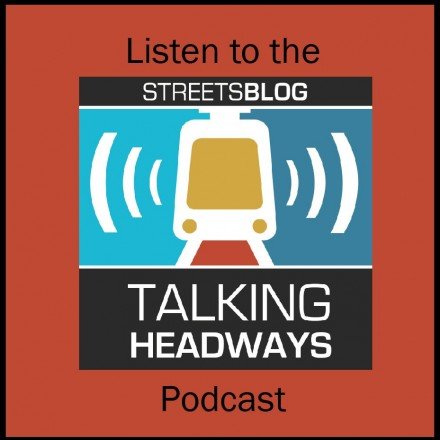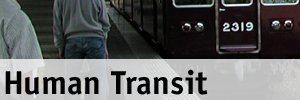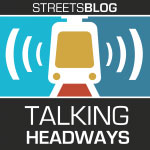Two interesting items today about two problems that are related to electric vehicles in cities specifically, but also a wild idea below.
According to CNBC vehicle tires are a relatively slow growth and steady market, but with the coming wave of electric vehicles, business is expected to rise as tires for the heavier vehicles cost about 50% more and wear out 20% faster. This of course means more profits for them, but also particulate pollution and microplastics that are released onto streets and into storm drains if they can’t design a better tire.
The second item reports that San Francisco plans to deal with charging cables that cross over sidewalks and impede wheelchairs, strollers, and skateboards. In the city where many people don’t have a garage, charging cables have been seen crossing sidewalks on the ground and overhead through trees. The city will now launch a study to look at curbside public charging infrastructure to deal with the cable problem. I imagine this is a problem that many cities with higher densities and more apartments will need to confront if the inertia of our current transportation paradigm continues.
This does provide however another potential opportunity for cities fund transportation according to public policy goals. Shell just said it would have 200,000 charge points by 2030 and is phasing out some of it’s retail gas stations around the world. But if its easier to charge at home than go to the closest energy station, cities with management of curb resources are poised to be the retail point of purchase for electricity to power cars.
Then if cities or transportation agencies in cities were to act as a public utility that manages curbs and energy provision, the revenues generated from becoming a retail provider of electricity or even leasing valuable curb space could support active transportation spending, much in the same way electric companies supported early streetcar expansion.
The question then of course is what the long term policy goals might be for any profits from this endeavor. In Shenzhen last weekend, I heard that subsidies to support the transition to electric vehicles allow energy costs for a month of driving to just be $10 for a car that’s driven 6,000 miles a year. We should support vehicle electrification, but that seems excessive and supports too much driving for short trips. Instead we should focus on reducing VMT and increasing accessibility with funding of active transportation.
Of course this is just a wild idea, but I enjoy sharing them with people just in case someone can make it work. As of now we’re barrelling towards a future of more driving and increased emissions. The oceans are already warming more than scientists expected and we probably don’t have a lot of time, but we can hope.
***
For this intro post and more news in your inbox every morning, sign up for a two week free trial of The Overhead Wire Daily, our popular newsletter established in 2006.










